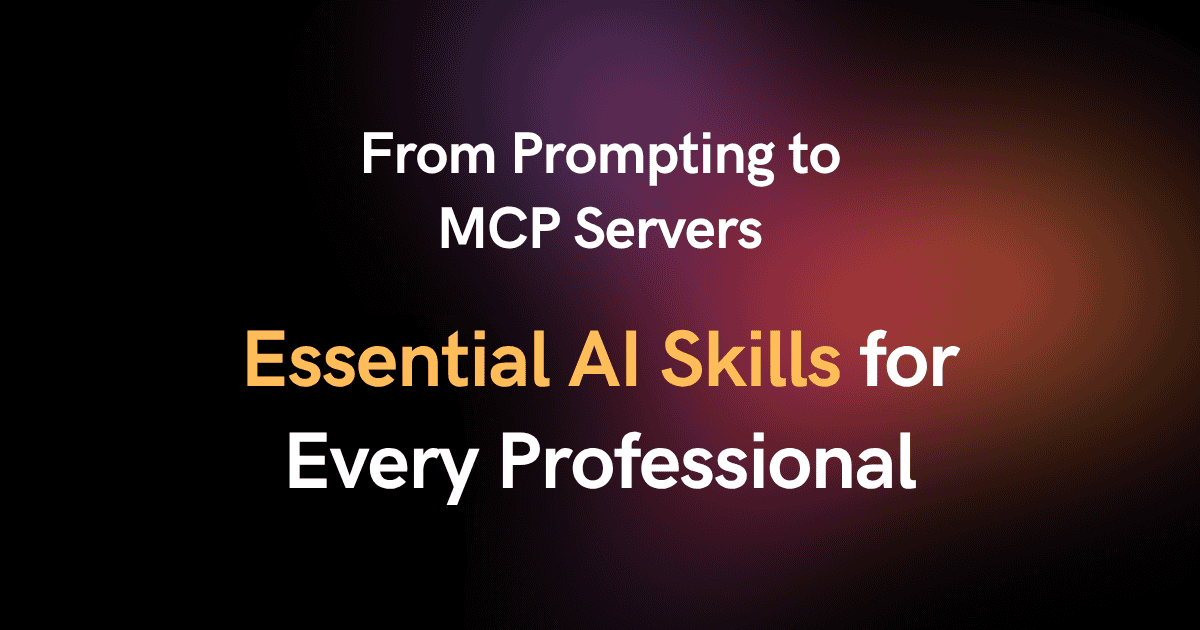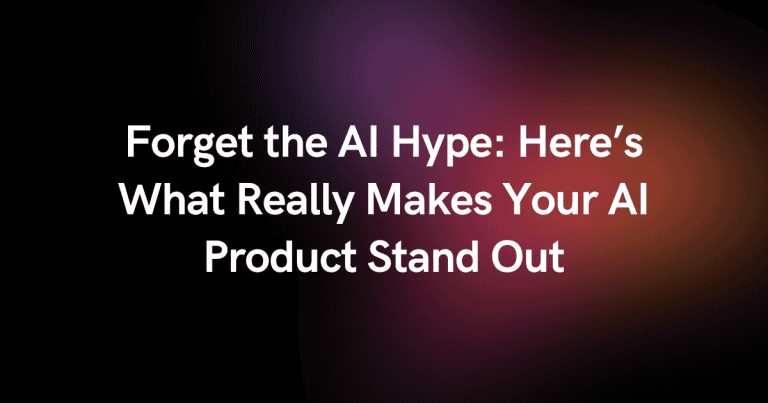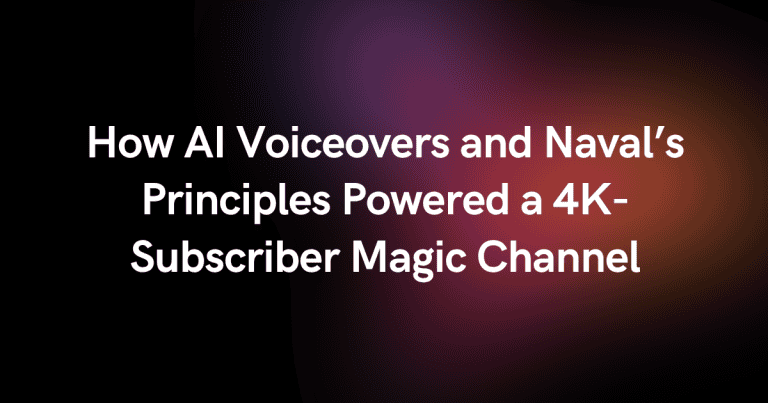The explosive rise of generative AI has reshaped workplaces and product development alike.
To stay competitive, professionals must broaden their toolkits beyond casual LLM use. Core capabilities include prompt engineering, mastery of assistants like Cursor and ChatGPT, and expertise in Model Context Protocol (MCP) servers.
Below, we unpack each skill—why it matters, how to get started, and key resources to dive deeper.
1. Prompt Engineering
Crafting effective prompts is the gateway to high-quality AI outputs. Without clear instructions, even the best LLM stumbles.
- Why it matters: Thoughtful prompts nudge models toward accuracy, reduce “hallucinations,” and tailor outputs to your needs
- Core techniques: Persona framing, chain-of-thought prompting, and few-shot examples all boost clarity and consistency
- Getting started: Experiment with templates from The Guardian’s primer on prompt engineering, then review your results for specificity and relevance
2. Using Cursor AI
Cursor supercharges UI/UX and code iteration by wrapping multiple layout or code variants behind simple toggles.
- Why it matters: Swapping seven different app layouts on the fly is a weekend’s-worth of work in seconds
- MCP integration: Cursor’s MCP servers enable file-system access, database queries, and more—right inside your IDE
- Hands-on tip: Install the Filesystem MCP and a GitHub MCP, then ask Cursor to “generate three navigation bar designs wrapped in
<Toggle>components.”
3. Mastering ChatGPT
ChatGPT remains the Swiss Army knife of LLMs—ideal for brainstorming, drafting, and even lightweight data analysis.
- Why it matters: Over 90% of companies now seek employees proficient in ChatGPT, with related roles commanding salaries ~47% higher (upskillist.com).
- Top skills to learn: Context management, prompt chaining, API integration, and basic YAML or JSON configuration for ChatGPT plugins (dataquest.io).
- Level up: Enroll in a 2025-vintage ChatGPT course (e.g., Upskillist’s Best ChatGPT Courses list) and practice by building mini-projects—like an email-generator or idea-brainstorm bot.
4. Understanding MCP Servers
The Model Context Protocol (MCP) is rapidly becoming the “USB-C of AI,” standardizing how LLMs plug into external data and tools.
- Why it matters: MCP servers let any AI assistant securely read files, run functions, or fetch database records—no bespoke integrations required (en.wikipedia.org).
- Real-world use: Claude Desktop, Replit, and Zed all ship with local MCP support, making context-aware coding and data lookup frictionless (en.wikipedia.org).
- Quickstart: Spin up an open-source MCP server (e.g., GitHub MCP) in Docker, then configure your IDE’s Cursor or Claude integration to connect and fetch code snippets.
5. Leveraging New AI Tools
Every month sees a flurry of specialized AI startups—image upscalers, data-cleaners, voice-cloners, and more.
- Why it matters: Niche tools often outperform general-purpose LLMs on domain-specific tasks—think legal-brief summarization or genomic data parsing (aiplusinfo.medium.com).
- Stay current: Track AI launch lists (Product Hunt’s AI collection, Indie Hackers AI category) and subscribe to newsletters like AI Software Engineer (medium.com).
- Integration tip: Use Zapier or Make to glue these tools into automated workflows—e.g., trigger a voice-to-text tool, feed the transcript into ChatGPT, then email the summary.
6. Building Micro-Apps from Scratch
Micro-apps—small, focused services—accelerate your learning while delivering real value (and potential side income).
- Why it matters: A micro-SaaS built in weeks can validate product ideas, teach full-stack development, and cement your AI prowess (reddit.com).
- Tech stack: Combine a serverless backend (e.g., Vercel Functions), an MCP server for data access, and a simple React front end managed by Cursor toggles.
- Launch tip: Focus on one vertical—say, “AI-powered meeting minutes”—and iterate publicly to build community feedback into your roadmap.
7. Additional High-Value Skills
Beyond these six, round out your profile with:
- Data Literacy: Interpreting AI-generated insights and visualizations, crucial for non-tech roles (forbes.com).
- MLOps: Automating model training, versioning, and deployment pipelines so your AI solutions scale smoothly (maufl.edu).
- Ethical AI & Bias Mitigation: Auditing outputs for fairness, transparency, and compliance—an emerging priority across industries (ft.com).
- Soft Skills: Critical thinking, empathy, and collaboration remain irreplaceable in AI-augmented teams (arxiv.org).
Next Steps
- Pick one skill to master each month.
- Build a project that showcases this skill on GitHub.
- Share your journey on LinkedIn or Twitter—teaching is the fastest way to learn.
By layering these competencies, you’ll transform from an AI consumer into a creator—ready to thrive in 2025’s rapidly evolving landscape.




